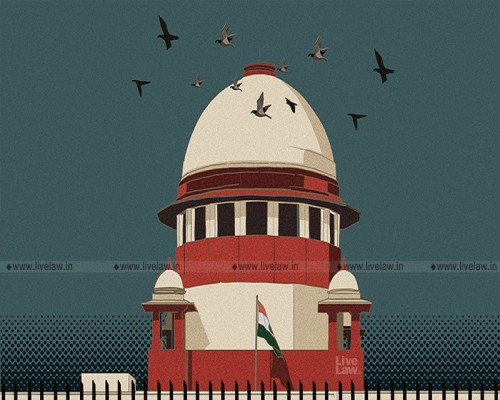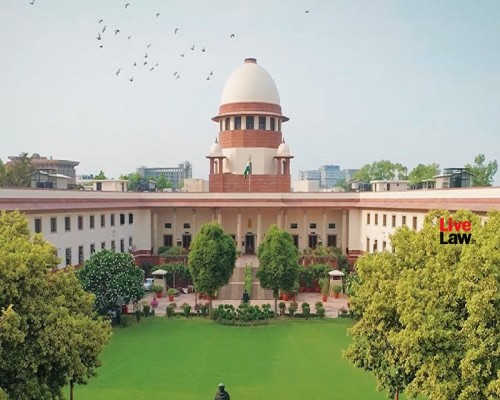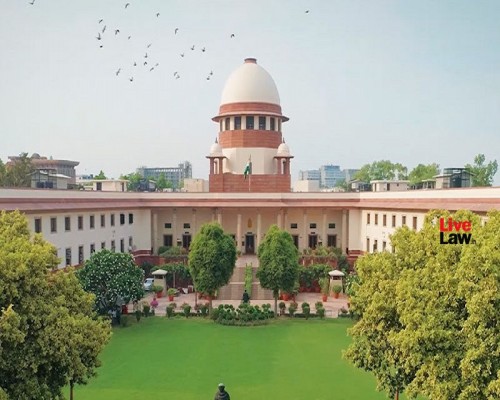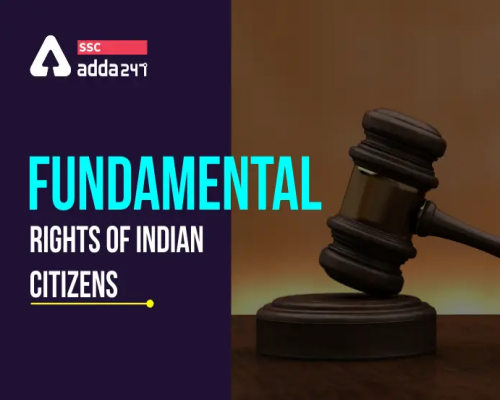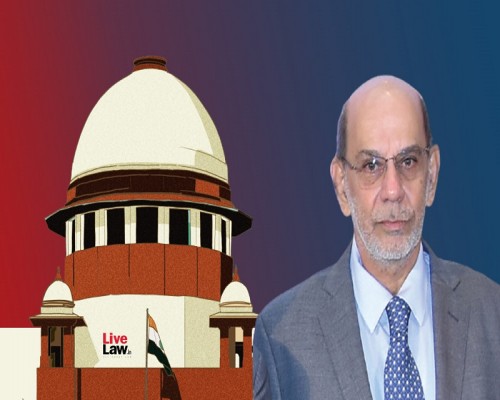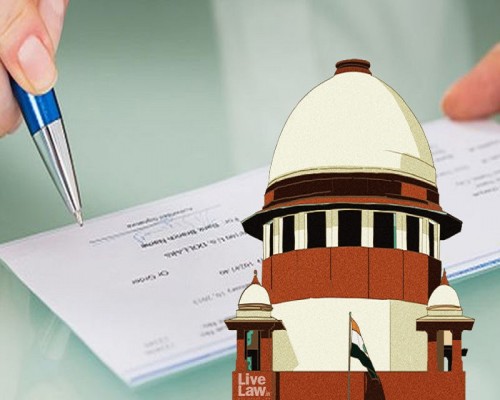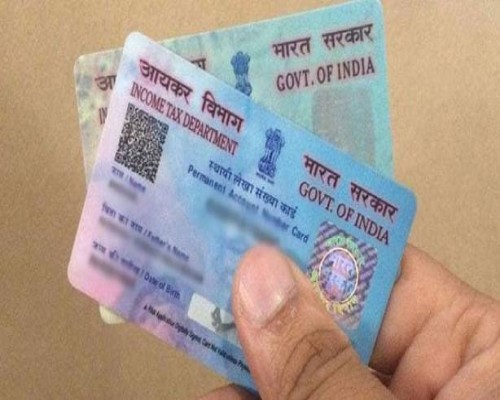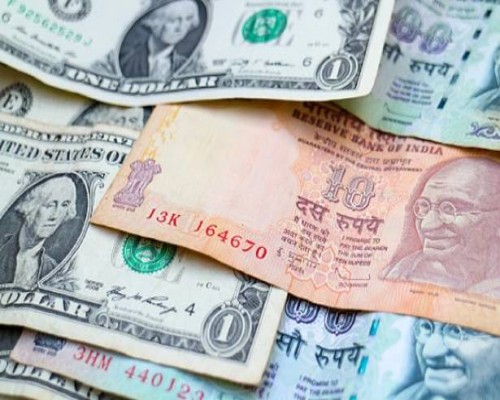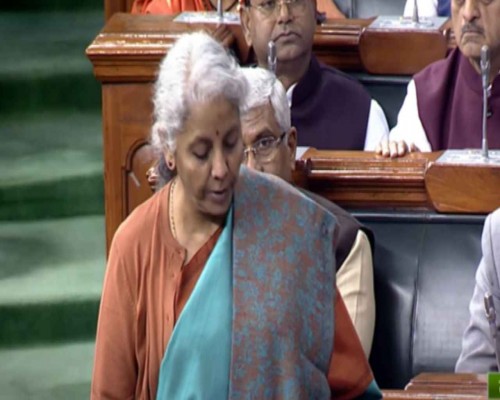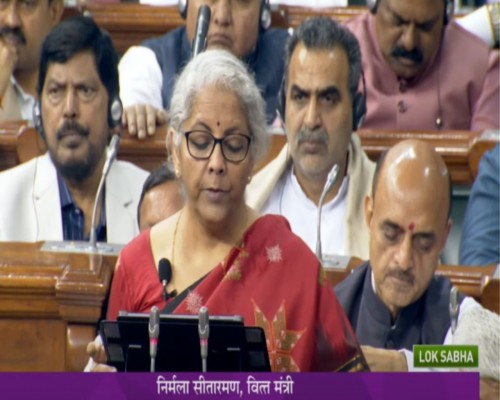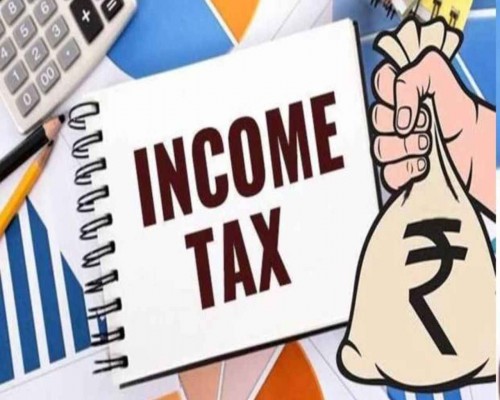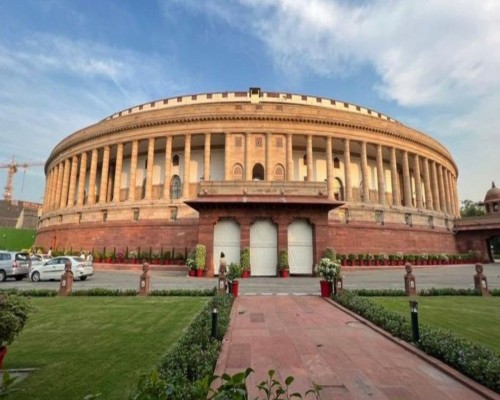Income Tax Crackdown: Authorities to Investigate Discrepancies in Returns, Digital Transactions, and Social Media Posts
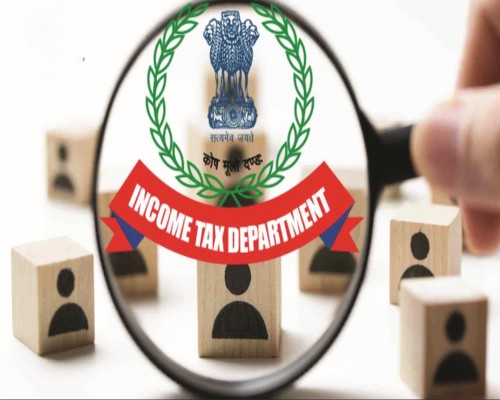
The Income Tax Department has intensified its crackdown on tax evasion by closely scrutinizing financial discrepancies in tax returns. Recent investigations have revealed cases where individuals and businesses significantly underreported their income while displaying disproportionately high expenditures. This has led tax authorities to adopt stricter monitoring mechanisms using advanced digital tracking methods, including the examination of bank transactions, UPI payments, travel expenditures, and even social media activity.
Expenditure vs. Declared Income: The Major Red Flag
Several cases have surfaced where taxpayers have declared significantly lower income in their tax returns while their expenditure, as reflected in bank transactions and travel costs, is multiple times higher. Authorities are now leveraging artificial intelligence and big data analytics to match declared income with spending patterns. One such case involved a business owner who reported an annual income of less than ₹10 lakh, yet their family's financial records showed UPI payments and bank transactions suggesting a much higher lifestyle expenditure.
To uncover such tax fraud, the department has started linking financial transactions with bank accounts, UPI transactions, and digital payment records. By cross-verifying travel expenses, vehicle fuel consumption, and other financial activities, authorities are successfully identifying discrepancies.
How Fraudulent Taxpayers Were Caught
1. Travel Expenses vs. Declared Income: Authorities analyzed vehicle fuel expenses and kilometerstraveled. In one case, a taxpayer’s fuel bill suggested that their vehicle traveled over 70,000 kilometers in a year, incurring an expense of nearly ₹5 lakh, whereas their declared income did not support such spending.
2. UPI Payments Exposing Expenditure: Many individuals showed lower expenditure in their income tax returns, but a detailed examination of UPI transactions revealed significantly higher financial activity.
3. Unreported Family Expenditures: In several cases, digital transactions linked to family members revealed hidden expenditures not accounted for in tax filings.
4. Foreign Travel and Luxury Spending: Certain taxpayers who declared minimal income were found to have taken expensive foreign trips, with flight tickets, hotel bookings, and shopping expenses being tracked through digital payment records.
New Tax Law to Give Authorities More Power
The government is set to implement the Income Tax Bill 2025, granting enhanced legal powers to tax officials. Beginning April 1, 2026, tax authorities will have the legal right to seize property linked to tax evasion. The new bill will also allow officials to access data related to suspected tax fraud, including:
• Bank accounts
• Investment records
• Digital wallets
• Cryptocurrency transactions
• Business dealings
Unexplained Income and Locker Seizure
Under the revised tax laws, authorities will have the power to break into lockers and seize hidden assets if there is suspicion of unreported income. If taxpayers fail to provide a satisfactory explanation for large amounts of cash, gold, or valuable assets, the department will have the right to confiscate them.
Monitoring Social Media and Digital Transactions
In an unprecedented move, the tax department will also scrutinize taxpayers' social media posts, emails, and mobile data to detect discrepancies. If a person posts pictures of luxurious vacations or high-end purchases on social media but reports minimal income, they could be subjected to an investigation.
Key points of this digital monitoring strategy include:
• Social Media Surveillance: Any mismatch between declared income and the lifestyle showcased on social media can trigger tax scrutiny.
• Email and Online Transactions: Authorities may track emails related to high-value purchases, online investments, and banking transactions.
• Breaking Digital Locks: If tax authorities suspect fraud but are unable to access crucial digital files, they will be authorized to override security locks and access the data.
A Balanced Approach to Digital Oversight
While these measures aim to curb tax evasion, concerns regarding privacy and overreach have emerged. Experts emphasize that the new system should strike a balance between enforcement and individual rights. Proper safeguards will need to be put in place to prevent undue harassment of honest taxpayers.




